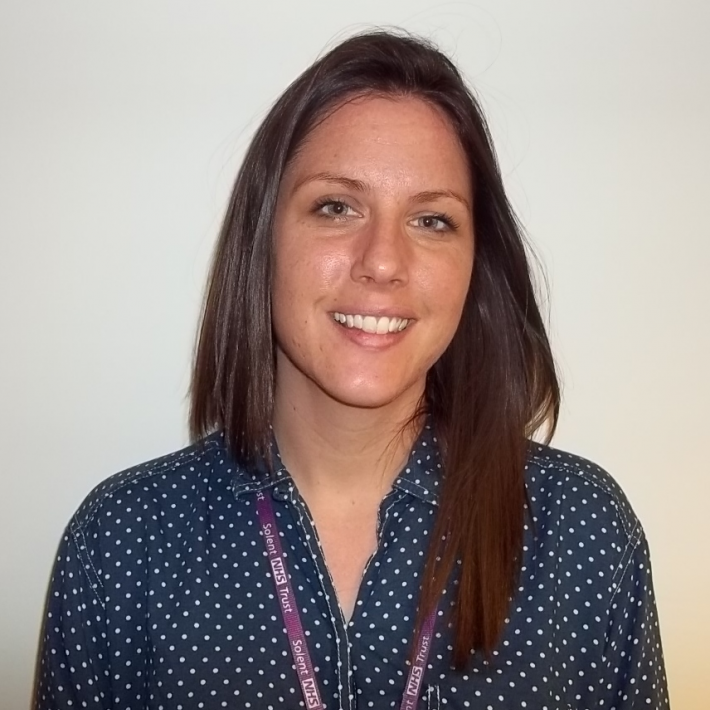"One minute, I am supporting people with anger issues, and the next I'm looking at helping them manage their own physical health."
Jenna realised that a career in learning disabilities was for her after work experience in a school for children with special needs. She is now working towards a postgraduate diploma in applied behavioural analysis, funded by the NHS.

Guide
Sign up for emailsReady to get started?
Get practical advice and everything you need to know in your inbox.